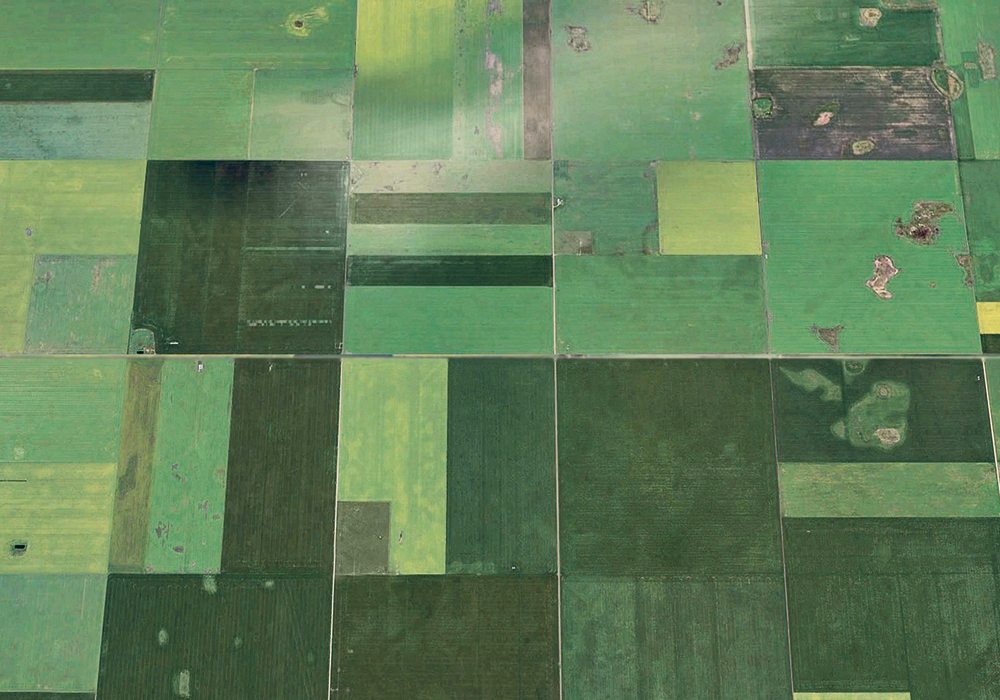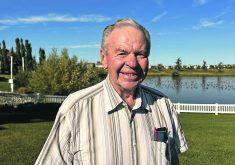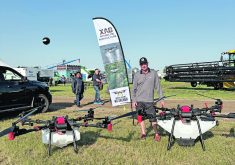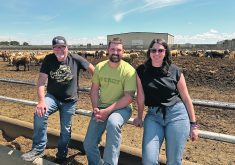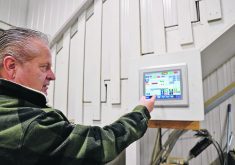Rob and Grace were a few years away from retirement when one of the “neighbour kids”, who was now an adult, pulled into the yard one day fresh from the rigs and driving a shiny new truck with an offer to buy their farm — a very substantial offer.
Rob might have gone for it. Opinion in the family was about equally divided on that point, but Grace was adamant. Her “no, absolutely not, I will not see my farm go to him,” left no room for interpretation.
Read Also

Farming Smarter receives financial boost from Alberta government for potato research
Farming Smarter near Lethbridge got a boost to its research equipment, thanks to the Alberta government’s increase in funding for research associations.
Rob and Grace had treated their 500 acres gently, encouraging wildlife, farming around poplar bluffs and a couple of sloughs. Grace knew the young man who had made the offer would level the trees and drain the sloughs. His approach to farming was different from hers and Rob’s. She could live with that, but not on her farm.
Even if land is posted for sale, (Rob and Gracie’s wasn’t) a farmer can still refuse to sell to a particular person or persons.
“If you own anything — a pair of shoes or a truck or a piece of land, you own it, you’re in control of it and you don’t have to sell to anyone you don’t want to,” says Ted Cawkwell, agriculture specialist with Re/Max, Saskatoon.
That’s especially true if a seller is working with a realtor, he continues.
“But if you’re selling by auction or tender you lose a lot of that control, especially in an unreserved auction where the item/land/farm is being sold to the highest bidder.”
So who can buy farmland in Saskatchewan?
The seller’s preferences, aside, each province has rules regarding who can buy farmland. These rules can differ significantly from province to province.
Until 2002, as per the Saskatchewan Farm Security Act, ownership of Saskatchewan farmland was restricted to Saskatchewan citizens and Saskatchewan-owned agricultural corporations. Legislation in 2003 expanded ownership provisions to all Canadian citizens and to certain classes of Canadian-owned corporations
“It’s pretty black and white,” says Cawkwell. “To own Saskatchewan farmland, you need to be a Canadian citizen or a Canadian resident. So, a citizen could be somebody who’s also a resident, or it could be somebody living abroad who has Canadian citizenship.”
There are guidelines as to what Canadian residency means. Basically, if a buyer resides in Canada for at least 183 days a year, they can own farmland even if they aren’t a Canadian citizen.
All financing of farmland must be through a financial institution registered to do business in Canada
It is up to the buyer to prove compliance with the legislation. It they can’t, they will be prohibited from buying farmland. Fines for being in contravention of the Saskatchewan Farm Security Act go from $50,000 for individuals to $500,000 for corporations.
All land transactions are monitored by the Farm Land Security Board , a quasi-judicial tribunal whose members are appointed by the Lieutenant Governor in Council.



